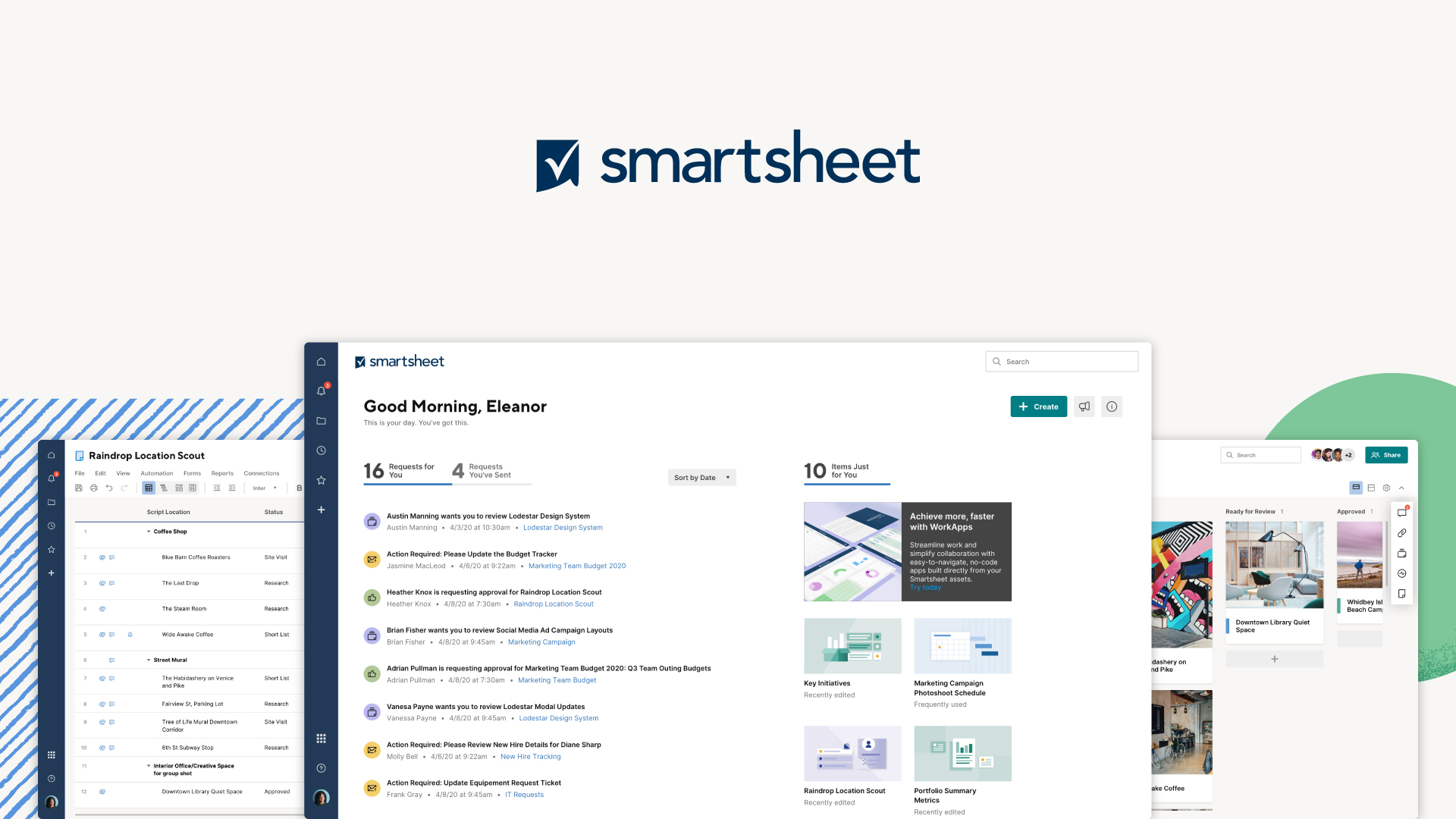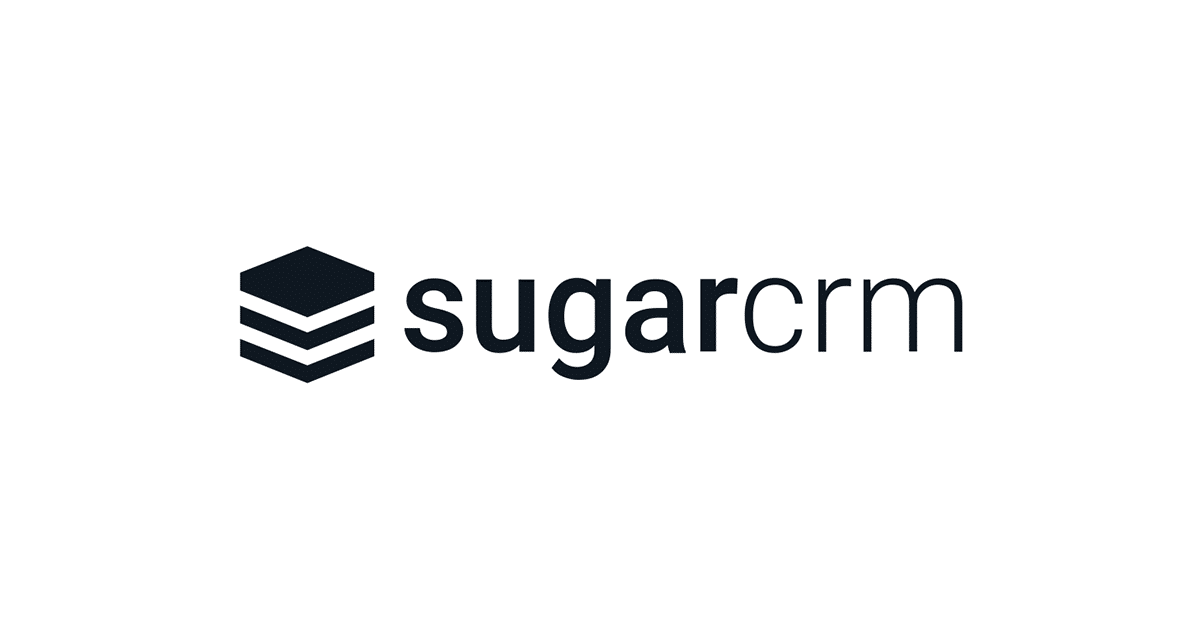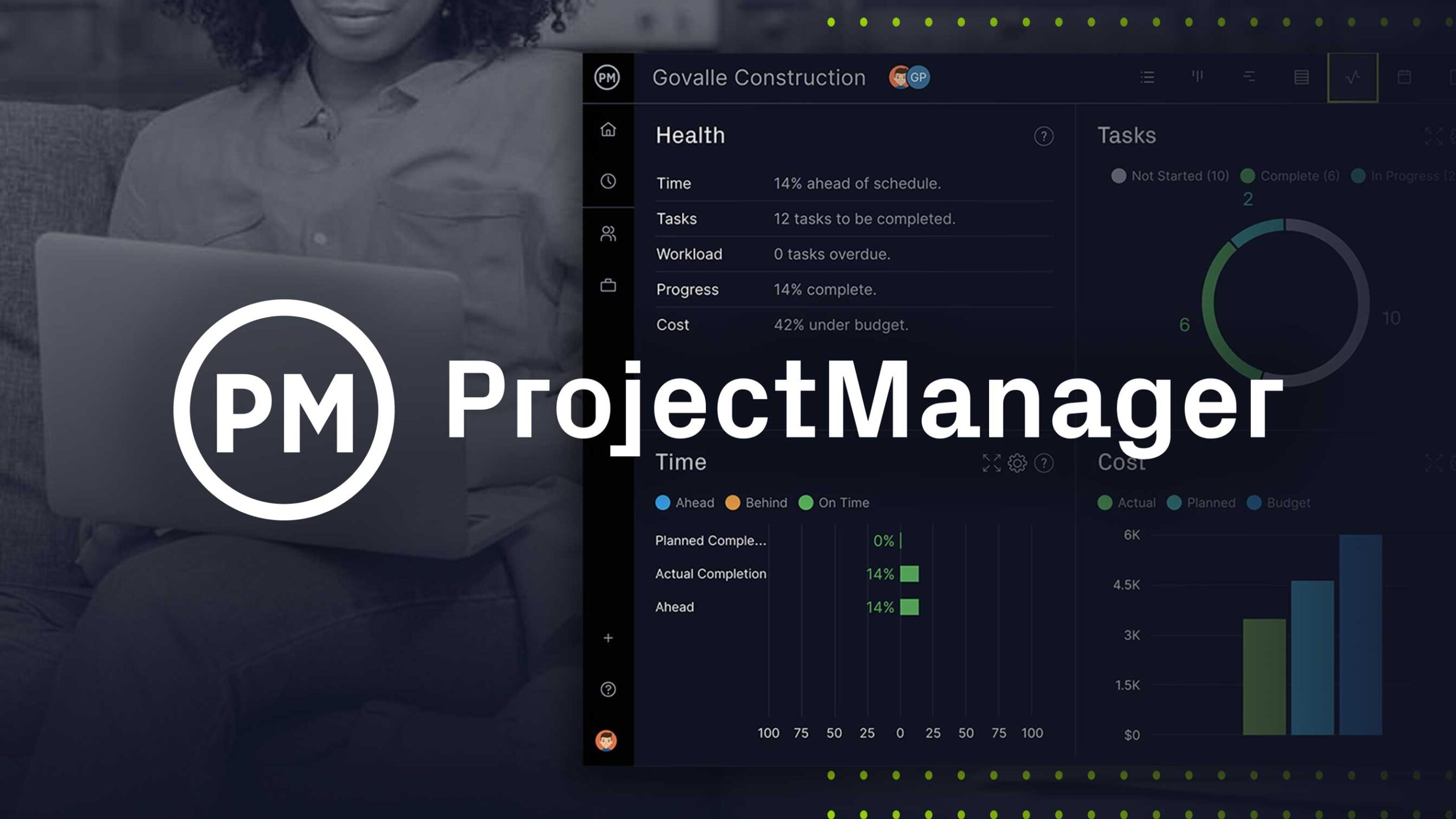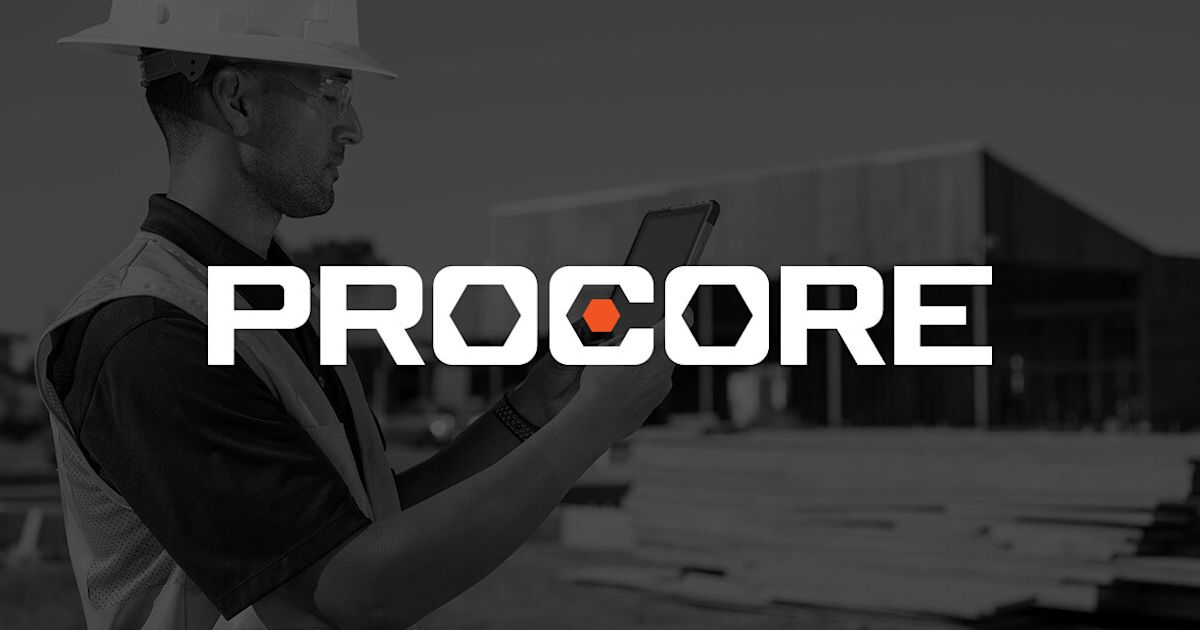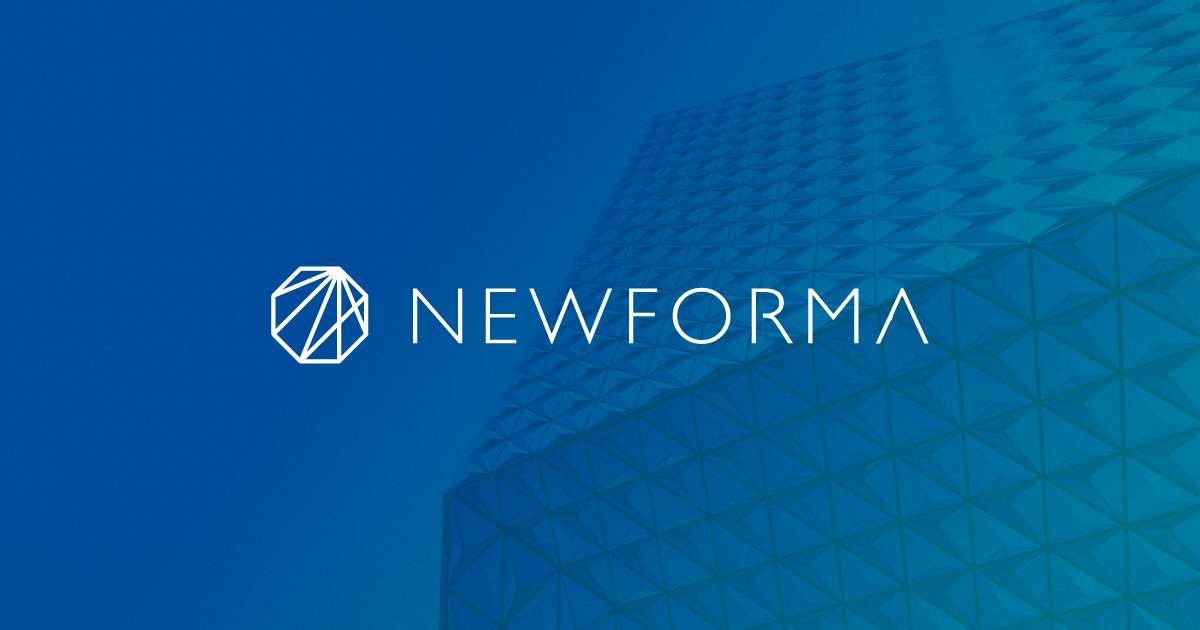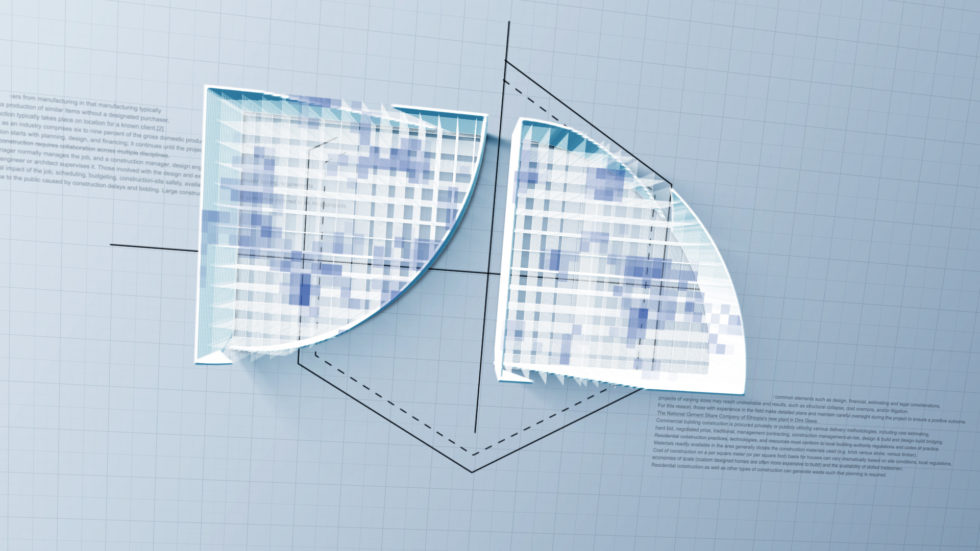Introduction
The construction industry has seen tremendous growth in adoption of project management and collaboration software over the past few years. This is mainly due to benefits like improved visibility, streamlined workflows, centralized documentation and reduced costs. However, with dozens of solutions available in the market, it can be challenging for construction companies to identify the right technology partner. This blog analyzes and compares 15 of the leading construction management platforms based on key criteria to help readers make an informed selection.
Methods of Evaluation
The construction management software solutions are evaluated based on features and functionality, customer reviews, pricing, support and training offerings. Additional criteria like number of customer installations, market presence, number of high-quality backlinks, monthly traffic and keyword search trends have also been considered to determine the top platforms. The evaluation aims to provide an unbiased overview of each vendor to help construction firms of all sizes find the most suitable solution for their business needs and budget.
1. Smartsheet
Smartsheet is a popular cloud-based project management platform that helps construction teams effectively plan, track and manage all aspects of projects. Founded in 2005, Smartsheet has grown to support over 90,000 paying customers worldwide including large enterprises and small businesses across various industries including construction.
Pros: Some key advantages of Smartsheet for construction teams include:
– Flexible platform to model customized workflows for tasks, issues, approvals and more
– Facilitates collaborative project planning and execution across distributed teams
– Intuitive drag-and-drop interface for non-technical users
– Real-time updates and tracking of project data from a single source of truth
Cons: One potential disadvantage of Smartsheet could be its per-user pricing model which may get expensive for very large construction teams.
It also lacks some specialized functionality for construction compared to industry-specific platforms.
Pricing: Smartsheet offers several paid plans starting from $25 per user/month for the Basic plan up to $75 per user/month for the Enterprise plan. It also offers customized enterprise pricing for very large organizations.
Some key stats about Smartsheet include:
– Over 90,000 paying customers globally
– Supports teams of all sizes from small businesses to large enterprises
– Integrates with over 250+ apps including Microsoft, Google and Slack
– Comes with pre-built templates for common project types like construction, marketing campaigns etc.
2. Bentley Construction
Bentley Construction is a premier construction management software developed by Bentley Systems. Used by leading construction firms worldwide, it provides comprehensive tools to help firms digitally plan, build and operate infrastructure assets.
Pros: Key advantages of Bentley Construction include:
– Collaborative tools for planning, monitoring progress and field operations
– Integrated 4D simulations and clash detection capabilities
– Connected data environment for real-time insights across the project lifecycle
– Automated reporting and analytics on budget, schedule and quality
Cons: Upfront licensing and implementation costs can be high for large projects due to enterprise-grade features
Pricing: Pricing for Bentley Construction varies based on the modules, users and project scope. Contact a Bentley Construction representative for a customized quote.
Some key stats about Bentley Construction include:
– Used in over 50 countries worldwide
– Supports over 500 file formats for data interoperability
– Supports collaboration between project stakeholders through integrated mobile and web apps
3. SugarCRM
SugarCRM is a customer relationship management (CRM) software company founded in 2004. It provides an open-source and commercial CRM platform to help companies manage customer data and track leads and sales. Over the years, SugarCRM has become a leading CRM software adopted by many industries including construction.
Pros: Some key advantages of SugarCRM for construction companies include:
– Powerful opportunity and project management features to track projects from lead to completion.
– Integrations with popular field applications like Autodesk, Procore, and Bluebeam allow data syncing across platforms.
– Customizable to model unique workflow processes in the construction lifecycle.
– Mobile apps provide access to CRM data on any device for remote or field staff.
Cons: A potential disadvantage is the learning curve to fully customize and utilize all of SugarCRM’s features which require initial setup and configuration. However, the platform does provide online training resources and support to help users adopt the software.
Pricing: SugarCRM pricing starts with an open-source Community Edition for free. Paid commercial plans range from $36-$96 per user per month based on number of users, with discounts for annual commitments. Additional services are available for implementation, customization, and support.
Some key stats about SugarCRM include:
– Used by over 4 million users worldwide
– Available in over 30 languages
– Integrates with over 200 applications including Office 365, Salesforce, and Microsoft Dynamics
– Supported customizable to meet specific industry and business needs
4. ProjectManager.com
ProjectManager.com is a leading construction project management software created by ProjectManager.com. Founded in 2001, the company aims to provide affordable and easy-to-use project management solutions tailored for small and mid-sized contractors. The software can be accessed from any web browser and mobile devices, allowing teams to collaborate from anywhere.
Pros: Some key advantages of ProjectManager.com include:
– Affordable monthly or annual pricing plans for teams of all sizes
– Easy to use dashboards, Gantt charts and reports to track project progress, budgets and schedules
– Covers project management, timesheets, expenses, invoices and payments in one platform
– Designed specifically for field-based teams with offline functionality and progress tracking on mobile
Cons: A potential disadvantage is that the software may not have as many features compared to higher priced competitors tailored for very large construction projects.
Pricing: ProjectManager.com offers several affordable pricing plans starting from $19 per month for the basic ‘Essentials’ plan for up to 3 users. The most popular ‘Standard’ plan is $39/month for up to 10 users. Both plans include all core features. For larger teams, custom enterprise plans with additional features and support are also available.
Some key stats about ProjectManager.com include:
– Used by over 50,000 customers worldwide across various industries including construction, engineering, facilities management
– Integrates with accounting software like QuickBooks, Xero and Sage
– Supports multiple languages including English, Spanish, French, German and Portuguese
5. Procore
Procore is a leading construction management software used by thousands of general contractors, subcontractors, owners, and engineers. Founded in 2002 and based in Carpinteria, California, Procore offers a comprehensive platform to help construction professionals streamline processes from pre-construction to closeout.
Pros: Some key advantages of Procore include:
– Centralized platform for collaboration across teams
– Robust features for estimating, scheduling, submittals, RFIs, and more
– Real-time access to project data from desktop and mobile
– Integrations with common construction software like Autodesk and Bluebeam
– Scalable to projects of any size
Cons: A potential downside of Procore is the monthly subscription pricing which can become costly for larger companies with many projects and users. The fees are based on numbers of users and projects tracked rather than a one-time purchase.
Pricing: Procore offers several paid subscription tiers based on numbers of users and projects. Pricing starts at around $75 per user per month for smaller teams and projects. Larger enterprise accounts with hundreds of users and unlimited projects can cost tens of thousands per month.
Some key stats about Procore include:
– Used on over 1 million projects globally
– Over $1 billion in total funding raised
– More than 1,500 employees worldwide
6. Epicor Project Management
Epicor Project Management is a cloud-based construction project management software developed by Epicor Software Corporation. The software provides comprehensive functionality for project management, accounting, scheduling and more to help construction companies streamline operations and boost profitability.
Pros: Key advantages of Epicor Project Management include: Strong project accounting controls and reporting; Scalable ERP functionality that can grow with contractors; Modules for project management, estimating, purchase orders and more to streamline workflows; Mobile apps for taking the software on the go; Integrates with accounting software like Microsoft Dynamics 365.
Cons: A potential disadvantage is that the monthly subscription pricing may be higher than some other options for larger enterprise contractors that need to manage thousands of projects.
Pricing: Epicor Project Management pricing starts at $75 per user per month for the basic edition and scales up based on the number of users and modules required. There are also options for annual or multi-year contracts that provide discounts on the monthly rates.
Some key stats about Epicor Project Management include: Can manage hundreds of projects simultaneously; Used by over 10,000 construction companies globally; Modules for estimating, project accounting, change orders and more; 99.99% uptime service level agreement.
7. Tekla Structures
Tekla Structures is a leading building information modelling (BIM) software for structural engineering. Developed by Trimble, Tekla Structures is used globally for structural steel detailing, precast and rebar detailing.
Pros: Some key advantages of Tekla Structures include:
– Leading BIM solution for structural steel modeling, detailing and fabrication workflows
– Powerful 3D modeling capabilities for steel, rebar and precast
– Seamless integration with downstream construction processes like fabrication and erection
– Robust estimation, quantity take-off and documentation features
Cons: A potential disadvantage is that Tekla Structures requires significant computing power and hardware investments to fully leverage its capabilities on large projects.
Pricing: Pricing for Tekla Structures depends on the modules, number of users and project scope. An annual SaaS subscription starting at around $3,500 per user is common for the standard modeling modules.
Some key stats about Tekla Structures include:
– Used in over 100 countries worldwide
– Projects include some of the world’s most high-profile structures
– Over 30 years of continual development and updates
– Integrates with 200+ partner applications
8. Viewpoint
Viewpoint is a leading construction management software developed by Trimble. Founded in 1997, Viewpoint provides a full suite of construction software solutions including accounting, project management, field management and more. With over 8,000 construction companies worldwide relying on Viewpoint, it is one of the most popular and comprehensive construction management platforms on the market.
Pros: Some key advantages of Viewpoint include:
– Complete construction management platform from pre-construction to closeout
– Allows real-time collaboration and information sharing via mobile apps
– Improves project visibility with integrated budgeting, timesheets, RFIs etc.
– Provides robust reporting and business analytics for management insights
Cons: A potential disadvantage is the upfront investment required for the full Viewpoint ERP system. While it provides a comprehensive solution, the cost may be prohibitive for some smaller contractors.
Pricing: Viewpoint pricing varies based on the modules implemented but generally starts at $150 per user per month for basic accounting and project management. Larger enterprise implementations may cost over $1000 per user per month depending on the number of users and modules.
Some key stats about Viewpoint include:
– Used by over 8,000 construction companies globally
– Available in over 30 countries
– Supports over $150 billion in annual construction volume
– Provides real-time collaboration and mobile accessibility
– Integrates with 200+ other construction software solutions
9. eSUB Construction Software
eSUB Construction Software is a leading cloud-based construction management solution for contractors. Developed by eSUB, the software is designed to help contractors and construction companies of all sizes manage projects, finances and field operations through an all-in-one construction ERP system.
Pros: Key advantages of eSUB Construction Software include:
– Comprehensive project management with estimating, planning, procurement and field management
– Robust accounting features for billing, payroll, financial reporting and cost control
– Intuitive interface adaptable to all team roles from project managers to field workers
– Integrations with various industry tools for seamless data sharing
Cons: A potential disadvantage is the learning curve for contractors transitioning from disparate systems. The comprehensive features may also mean a longer implementation time for very large teams.
Pricing: eSUB Construction Software pricing starts with a free 30-day trial. After the trial, plans range from $49-149 per user per month based on number of users and modules needed.
Some key stats about eSUB Construction Software include:
– Used by over 5,000 contractors globally
– Supports projects of all sizes from small residential to large commercial projects
– Integrates with 200+ industry apps and accounting systems like QuickBooks, Xero and Sage 50
– Mobile apps provide access to tasks, schedules and documents on any device
10. Tallyfy
Tallyfy is a cloud-based construction workflow automation software. The platform allows construction teams to automate common project workflows, capture field reports, issues and requests for information (RFIs), and gain insights through integrated dashboards.
Pros: Some key advantages of Tallyfy include:
– Cloud-based platform allows easy access from any device
– Emphasis on digital workflow automation speeds up common repetitive tasks
– Integrations with tools like Autodesk and Procore eliminate double entry of data
– Intuitive dashboards provide stakeholders visibility into project status and issues
Cons: A potential disadvantage is that the service is sold via a monthly subscription model which requires an ongoing financial commitment compared to one-time licensed software.
Pricing: Tallyfy offers three plans for its construction workflow automation software:
– Basic Plan starting at $19/user/month
– Standard Plan starting at $29/user/month
– Premium Plan starting at $49/user/month
\All plans include core workflow and process features while higher tiers provide additional integrations, workflow types and admin controls.
Some key stats about Tallyfy include:
– Used by over 5,000 companies globally
– Automated over 100 million tasks to date
– Integrates seamlessly with top project management tools like Autodesk, Procore, and Microsoft Project
11. BuilderTREND
BuilderTREND is a leading construction project management software for builders, remodelers and general contractors. Used by hundreds of top construction companies, it provides an all-in-one solution for project management, estimating, scheduling, budgeting, and accounting needs.
Pros: Some key advantages of BuilderTREND include:
– Trusted by hundreds of top construction companies for ease-of-use and capabilities
– Offers a complete integrated solution to manage the entire project lifecycle from start to finish
– Robust progress tracking, budgeting and scheduling tools help keep large complex projects on track and on budget
Cons: A potential disadvantage is that like most robust construction project management softwares, it has a learning curve to fully utilize all of its advanced features. Training or consulting may be needed to set up the software correctly for complex projects.
Pricing: BuilderTREND offers flexible pricing plans starting from $99 per month for a basic single user plan all the way up to custom enterprise plans for large companies. Add-on modules are also available for estimating, accounting, purchasing, service management and more.
Some key stats about BuilderTREND include:
– Used by over 10,000 construction professionals worldwide
– Provides fully integrated project management, budgeting, scheduling and accounting capabilities
– Has advanced progress tracking and reporting features to keep all project stakeholders up to date
12. EagleView
EagleView is a leader in aerial imagery and drone inspection software. Founded in 2007 and headquartered in Bellevue, WA, EagleView uses advanced computer vision and photogrammetry to capture high-resolution aerial images and 3D models of roofs, properties, and infrastructure from aircraft and drones. The company’s platform helps insurance adjusters, contractors, and property managers make informed decisions based on accurate measurements derived from aerial and oblique aerial imagery.
Pros: The key advantages of EagleView include:
– Accurate roof measurements from aerial imagery saves time vs traditional methods
– Integrated roof reports and damage assessments streamline insurance claims
– Drone inspections help identify defects in property exteriors and structures
– APIs allow aerial data to be integrated into other construction and insurance software
Cons: A potential disadvantage is that the software requires annual or monthly subscriptions which is a recurring cost for customers.
Pricing: EagleView offers a range of subscription tiers for their software starting from $99/month for basic roof reports up to customized enterprise plans for large insurance and construction firms. Volume discounts are also available for high transaction volume customers.
Some key stats about EagleView:
– Processes over 5 million property transactions per year
– Collects over 3 billion aerial images annually
– Covers over 95% of addresses in North America
13. Newforma
Newforma is a leading provider of construction project management software. Founded in 1995 and headquartered in Minneapolis, MN, Newforma provides digital platforms that prioritize human-centered information management to simplify inter-team coordination and enable successful management of large-scale construction projects. Their flagship construction administration software is used by thousands of professionals worldwide to manage and collaborate on projects of all sizes.
Pros: Key advantages of Newforma’s construction management software include:
– Facilitates digital collaboration across project teams in a centralized location
– Streamlines submittal, RFI, correspondence and document management workflows
– Provides powerful searching and reporting on project documentation
– Ensures regulatory compliance with electronic signatures and version control
– Customizable for any project setup or workflow requirements
Cons: As with any cloud-based solution, reliable internet access is required to take full advantage of collaborative features. There may also be a learning curve for some users transitioning from paper-based systems.
Pricing: Newforma offers flexible pricing plans tailored for firms of all sizes. Basic plans start at $50 per user per month for standard submittal and RFI workflow management. Mid-range plans with advanced search and reporting are $75 per user. Enterprise plans include unlimited users and customized features for large firms and are priced per project.
Some key stats about Newforma’s construction management software include:
– Used on over 250,000 projects globally
– Supports over 15 industry file formats for easy information sharing
– Integrates with over 250 project management and accounting applications
– Average user sees 35% time savings over paper-based systems
14. JobNimbus
JobNimbus is a construction management software created by JobNimbus to help contractors streamline their operations. Founded in 2011, JobNimbus has grown to serve over 5,000 contractors globally. The software offers an all-in-one platform for estimating, scheduling, project management, billing and payments.
Pros: Some key advantages of JobNimbus include:
– All-in-one platform that replaces multiple point solutions
– Easy to create estimates and track labor and materials costs
– Intuitive Gantt charts for project scheduling and tracking
– Automated billing and payment collection capabilities
– Real-time reporting and job cost analysis
Cons: A potential disadvantage is that the mobile app may have limited functionality compared to the web version for some advanced tasks.
Pricing: JobNimbus offers various pricing tiers starting from $49 per month for a basic solo plan up to an unlimited custom enterprise plan. All plans include a free 14-day trial.
Some key stats about JobNimbus include:
– Used by over 5,000 contractors globally
– Available as both a web-based and mobile application
– Integrates with popular accounting software like QuickBooks
– Manages over $5 billion in annual construction volume
15. Aconex
Aconex is a cloud-based construction management platform that helps connect teams and processes across the entire construction lifecycle. Founded in 2000, Aconex offers a centralized platform for project collaboration, document management, and visualization capabilities. It is one of the top platforms utilized in large civil and infrastructure projects worldwide.
Pros: Some key advantages of Aconex include:
– Strong project collaboration and document management capabilities that allow teams to work together efficiently
– Robust visualization tools like 3D models and drone footage that improve communication
– Popular platform for managing large and complex civil/infrastructure projects
– Cloud-based platform enables remote work and access from any device
Cons: A potential disadvantage is that the platform is best suited for large and complex construction projects. Smaller projects may find the platform to be overkill or too expensive for their needs.
Pricing: Aconex offers flexible pricing plans depending on the needs and size of the project and organization. General pricing information includes monthly or annual subscription fees starting at around $100/user per month for basic plans up to customized enterprise plans for very large projects and organizations.
Some key stats about Aconex include:
– Over 50,000 projects managed globally across 65 countries
– Over 10 million users globally
– Used by 9 of the top 10 engineering, procurement and construction companies
– 99% client retention rate
Conclusion
Construction project management requires continuous collaboration across distributed teams and seamless flow of information. The right software platform plays a pivotal role in driving efficiencies. This blog introduces 15 leading solutions and provides a detailed comparison to help construction companies select the technology that best meets their requirements. Regular evaluation and upgrading of tools is important to stay competitive in today’s digital environment. The top vendors highlighted here offer comprehensive features and support to help organizations improve productivity and complete projects on-time and within budget.




